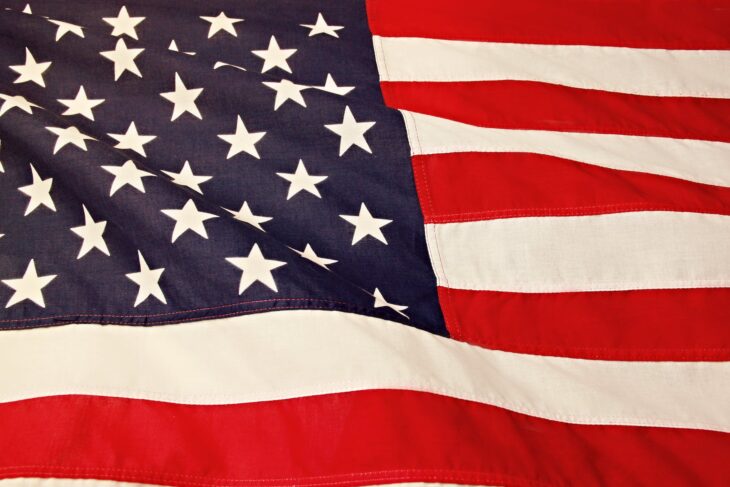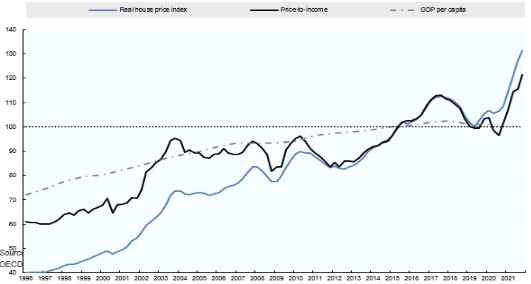We live in a consumer society. Many of us are crowded into urban coastal cities; where what we wear, drive, and consume defines who we are. A brand is not a product, it is so much more in the twenty first century. Things must have souls, because we live lives devoted to amassing things. Materialism is rife across the globe, especially in the wealthy developed nations. Science has killed off religion and we are left worshipping the homes we live in and the stuff we furnish our lives with. Our houses are temples of materialism. Our cars are are chariots, which encase us in gleaming metal. Our mobile phones and devices entrance us like talismans from a forgotten spiritual age.
Brands are Much More than a Name & Packaging
A brand is so much more than a name and packaging. Apple products hum with an intangible energy signature. BMW and Mercedes Benz vehicles enchant their owners with, almost, holographic intensity. Similarly, dozens of other brands wink and nod to millions of aspiring consumers, as these folks make their way through life. The young are, often, entrapped more easily into brand devotion, but their dedication can be fickle in the longer term. Lives are, seemingly, adjudged on the basis of material achievement. The type of home you live in. The kind of car that you drive. The brands you buy and wear. Consumer decisions replace creativity for the bulk of human beings living in these big cities.
Ethical & Sustainable Branding
INTRODUCTION
“A brand is not a product. It is the product’s essence…” (Kapferer in de Chematony, 2010, p 420)
“Marketing, I suspect, was first employed by those in the business of religion, as proponents set about selling belief in an invisible entity to those around them. That twenty first century ‘materialism’ should endower products with such intangibles as soul (Randazzo in Urde, 2009, p 621), through conceptual references to branding, is no surprise on this basis. In this critical review of ethical and sustainable branding in theory and practice, I will seek to identify some of the core issues. Human beings are inclined to imbue material objects with anthropomorphic characteristics, we have been doing it for millennia via our religious and cultural beliefs. Brands, accordingly, have intangibles such as, health, soul, and personality (de Chematony, 2010, p 431). In addition to their tangible inventory of trade-mark, logo and product (de Chematony, 2010, pp 418-419).”
Excerpt from full report into Ethical & Sustainable Branding. Click Here for more














